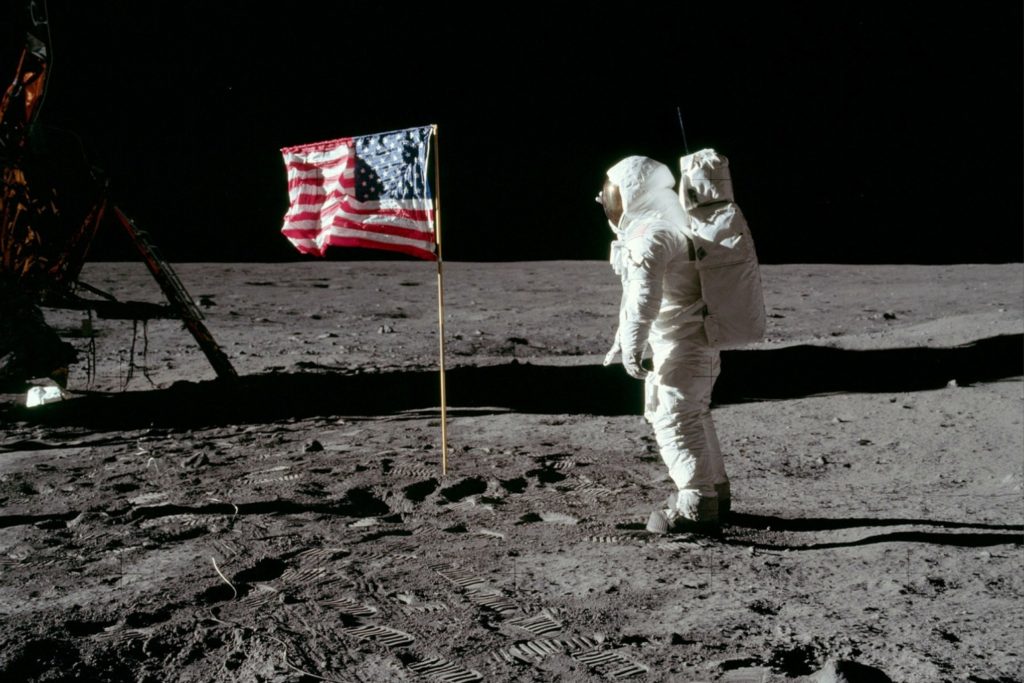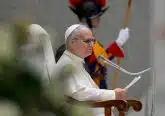When a phone call becomes a prayer
By Paolo Ruffini
The phone call with Buzz Aldrin, the second man to set foot on the Moon exactly 56 years ago, and who saw what the Earth looked like from up there with his own eyes.
The words spoken by Leo XIV about the mystery of Creation, its greatness and its fragility, after he too had contemplated the beauty of the heavens through a telescope.
The Pope’s heartfelt appeal, after the Israeli army’s attack on the Catholic parish of the Holy Family in Gaza City, to put an end to the barbarity of war, to seek a peaceful solution to the conflict, to observe Humanitarian Law, to respect the obligation to protect civilians, the prohibition of collective punishment, of indiscriminate use of force, and forced displacement of populations.
The choice to spell out, one by one, the names of the three victims of the raid on the Church, not because they were Christians, but to reaffirm that every life is sacred, as is every place of worship. To give a name to all the innocent victims of a senseless massacre that continues to take place. Each victim with a name, a surname, a story; in a place where only numbers are listed day by day.
These moments are different from one another. Like paintings. Close in time, but different. They tell us the same thing about the meaning of peace and the nonsense of war.
They illustrate how communication – made of gestures, of images, of words—can be at the same time unarmed and disarming.
At a certain moment, the phone call with Buzz Aldrin becomes a prayer. With the verse from Psalm 8, which speaks to the Lord of the greatness of His works: the sky, the Moon, the stars, and then of man. So small, and yet so great. A tiny dot, not even visible from the Moon. And yet: “You have made him ruler over the works of your hands; you have put all things under his feet.”
For what? Yes—for what?
Just a few words and a few images are enough to place each of us before our responsibilities. For things said and unsaid, for things done and not done. And to realise that it would take very little to stop and begin again. And to understand that no one can believe that the truth, onto which they hold or the suffering they have endured, is so absolute as to justify the destruction of innocent human lives.
Because to violate human dignity is, ultimately, to offend God, in whose image we are created. To deny the history we are all born into. To destroy the wonder of Creation, which is our common home.
In the 2013 Oscar-winning film Gravity, the two astronauts gaze admiringly at the Earth from space, and one asks the other: “Where have you pitched your tent?” These are powerful words, given that in the Prologue of the Gospel of John it says that the Word of God “pitched His tent among us.”
This small planet of ours, torn by war, is so rich with a promise, inscribed in the act of Creation: that God Himself chose to dwell in it, and in so doing, to redeem it. And that is why the wars that devastate it, in the end, shall not prevail.














